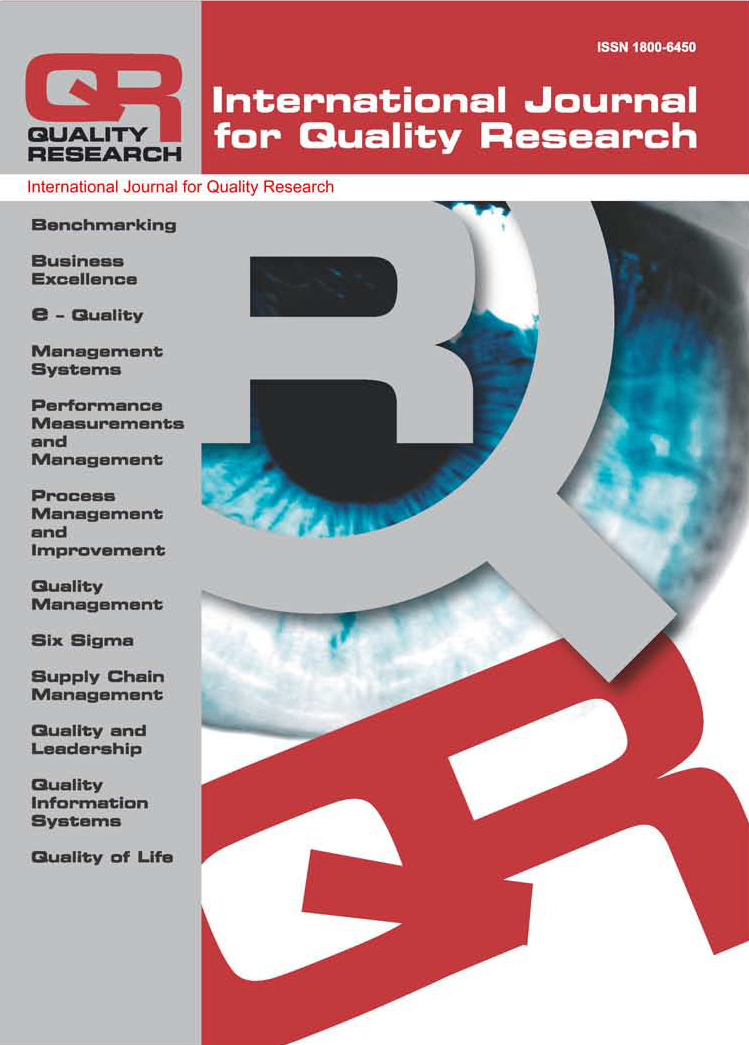OPPORTUNITIES AND LIMITATIONS OF THE IMPLEMENTATION OF CONTEMPORARY PERFORMANCE MEASUREMENT MODELS IN THE CONTEXT OF PRE-UNIVERSITY EDUCATION
Radojko Damjanovic,
Violeta Domanovic
Abstract: The paper discusses the opportunities and limitations of applying contemporary performance measurement models in the context of pre-university education. Special attention is given to the approach of measuring performance using the Balanced Scorecard (BSC) and the concretization of perspectives in the context of educational institutions – primary and secondary schools. The Balanced Scorecard enables schools to articulate an authentic choice of indicators, thus illustrating their specific qualities and helping them to control their processes and the behaviour of relevant stakeholders in the aim of improving educational work. The research results show that it is possible to make a collective list of indicators that can be updated and that can also be used as ideas to be applied in individual cases of organized learning. Schools which were active in different socio-educational contexts were able to successfully use the Balanced Scorecard, perceive their operations and improve them in order to provide educational service for users as well as employees for the purpose of improving the organization.
Keywords: Performance, Balanced Scorecard (BSC), Education, Balanced Scorecard in Education, Performance Measurement.
DOI: 10.24874/IJQR18.02-04
Recieved: 20.02.2023 Accepted: 17.08.2023 UDC: 37.014.6
Reads: 97 








